![]()
Anime is full of memorable lines that stay with us long after we finish watching—quotes linked to important moments, characters, and plot twists that fans love to repeat. Here’s a list of thirty of the best, with explanations of who said them, where they appear in the show or movie, and why they’re significant to the story or character’s growth. We’ve also made sure the titles are consistent so you can easily identify where each quote comes from.
‘Kino’s Journey’ (2003) – “The world is not beautiful; therefore, it is.”
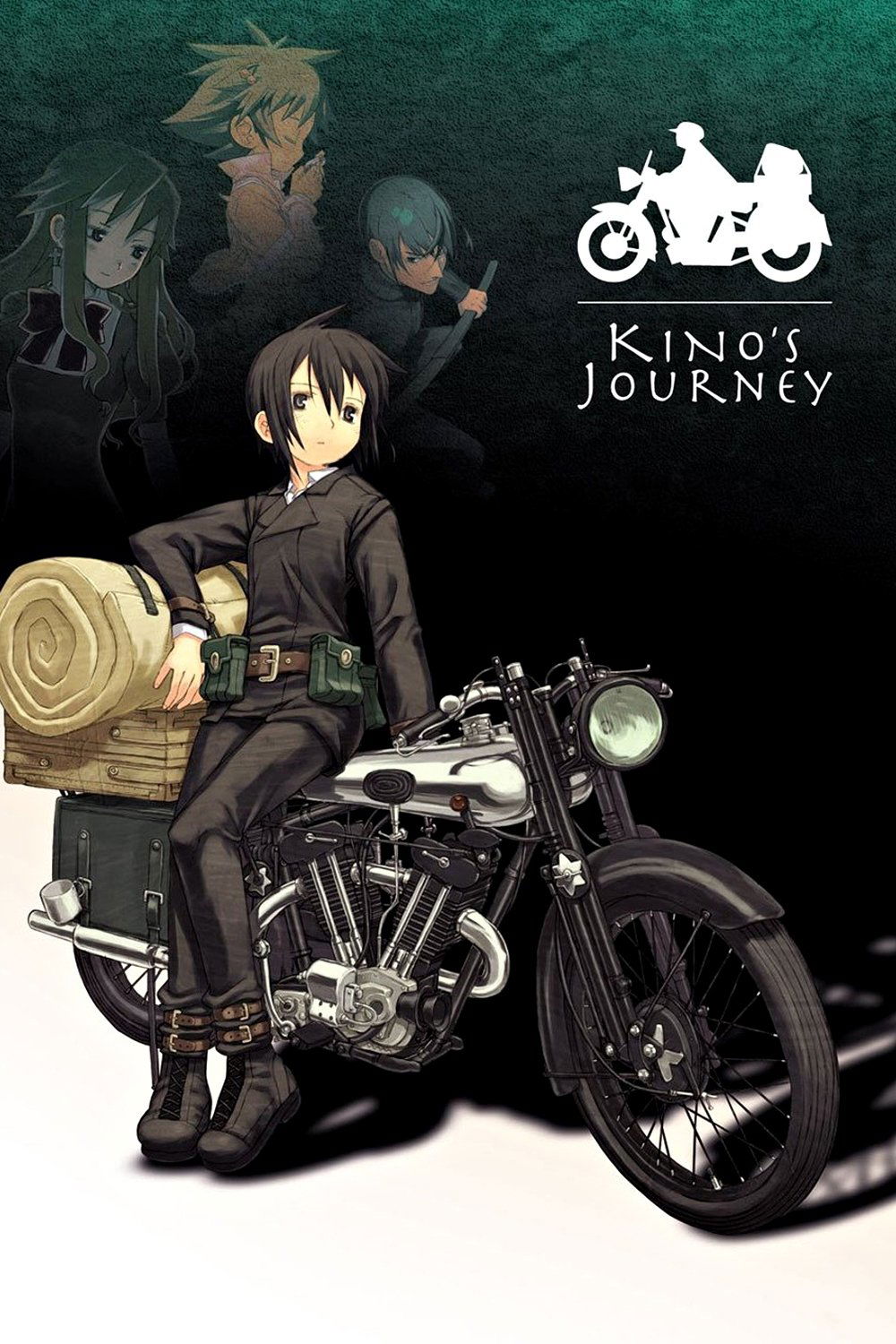
This line, spoken by Kino, perfectly captures the heart of the series: each new country they visit presents complex moral questions, not simple right-and-wrong answers. It appears throughout the show, both in narration and dialogue, highlighting the philosophical nature of their travels. Essentially, the quote emphasizes that the series explores the imperfections of different societies without offering easy solutions. It’s often used as a core statement of the show’s overall message, even across different versions and adaptations of the original stories.
‘Vinland Saga’ (2019) – “You have no enemies.”
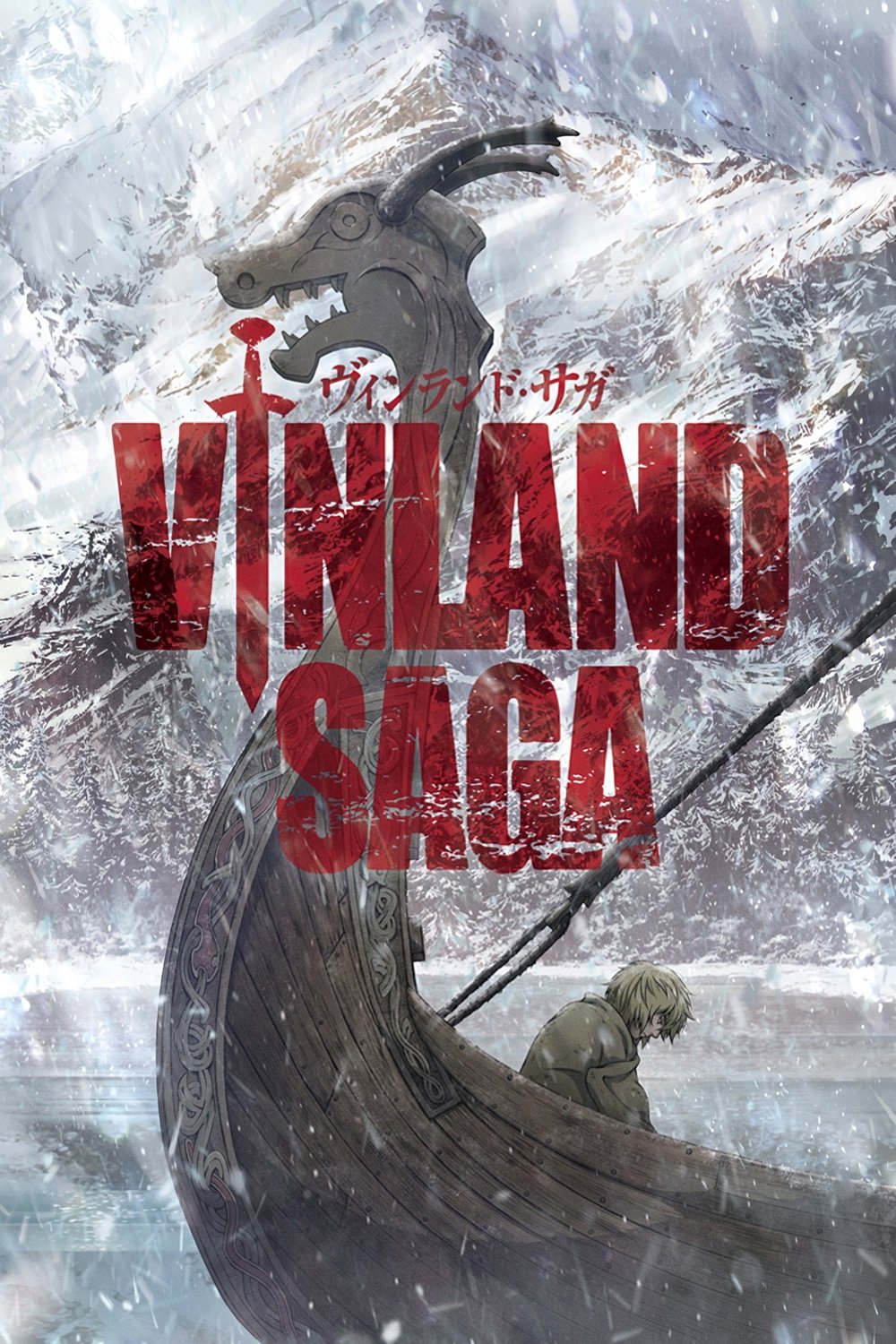
Early in the story, Thors shares a crucial idea with Thorfinn about violence and revenge, setting the tone for the entire series. He teaches Thorfinn that true courage isn’t about winning battles, but about choosing not to kill. This lesson becomes a guiding principle for Thorfinn, influencing his decisions later on, and it’s something fans connect with as a core theme of the show – focusing on personal growth instead of simply conquering others.
‘Rurouni Kenshin’ (1996) – “I will never kill again.”

Kenshin Himura’s promise to never kill explains why he fights with a sword that’s reversed – and guides his life after his violent past as Battousai. He repeats this vow during fights when enemies try to push him back into his old, deadly ways. It’s a key principle that shapes both the action and the story, and it’s central to the series’ themes of making amends and choosing peace.
‘Hellsing Ultimate’ (2006) – “The bird of Hermes is my name, eating my wings to make me tame.”

This line comes from the Ripley Scroll and is linked to the character Alucard, as well as the show’s use of alchemy. It suggests that Alucard’s immense power is tied to ideas of self-control and who he is. The phrase appears at the beginnings of episodes and during important scenes, combining mysterious symbols with modern warfare. Fans often use it to quickly capture the show’s unique mix of the supernatural and action.
‘Steins;Gate’ (2011) – “El Psy Kongroo.”
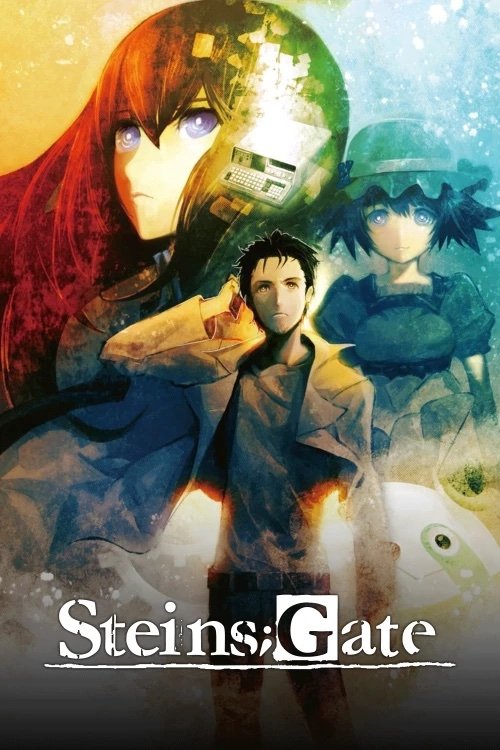
Rintarou Okabe frequently uses this phrase when communicating about the Future Gadget Lab’s experiments. It shows up in calls, emails, and important moments involving time travel. Repeating the phrase highlights changes to different timelines and acts as a secret signal between characters. Ultimately, it’s a key part of the show’s unique, tech-focused language.
‘Tokyo Ghoul’ (2014) – “What’s 1000 minus 7?”
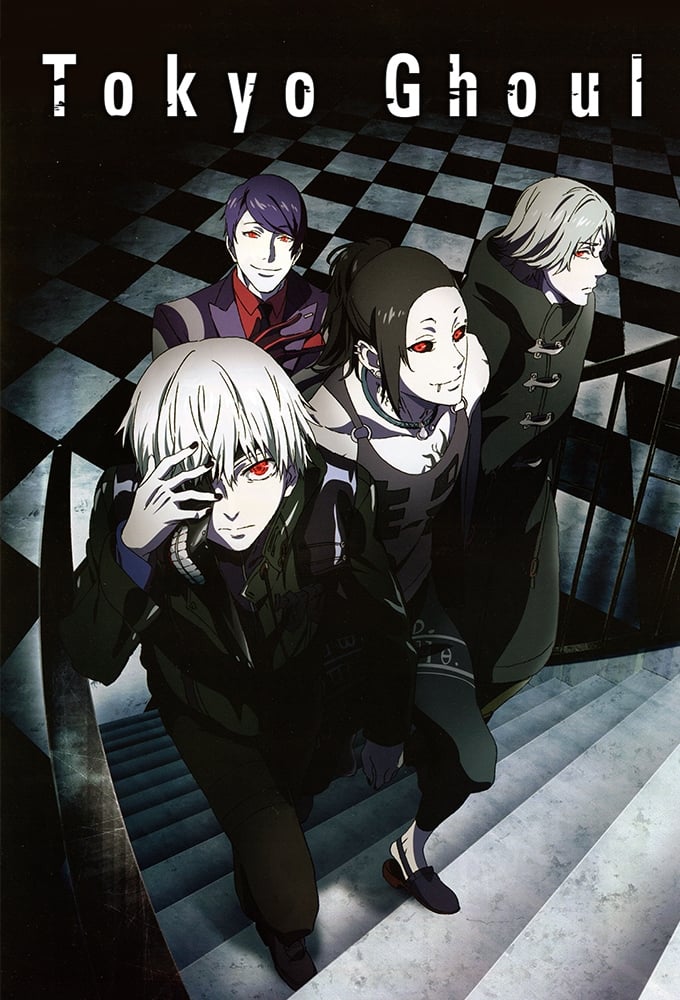
As a huge fan of Tokyo Ghoul, one scene really stuck with me. They torture Kaneki, and it’s not just physical—they really break him down mentally. There’s this whole counting sequence during it, and it’s incredibly unsettling because you can feel him reaching his limit. It’s brutal to watch, but it completely changes him, and the counting becomes a haunting reminder of who he’s becoming. Honestly, that moment instantly signaled to me that the series was going to get really dark and that Kaneki’s life would never be the same. It’s become a quick way for fans to identify that turning point, and the show’s overall tone, too.
‘Jujutsu Kaisen’ (2020) – “Throughout heaven and earth, I alone am the honored one.”

Gojo says this while easily defeating an opponent, demonstrating his incredible power and control. The line uses sophisticated language but also establishes how strong he is compared to other jujutsu sorcerers, particularly those lower-ranked. It’s become a well-known quote when fans talk about the power levels within the series.
‘Demon Slayer: Kimetsu no Yaiba’ (2019) – “Set your heart ablaze.”
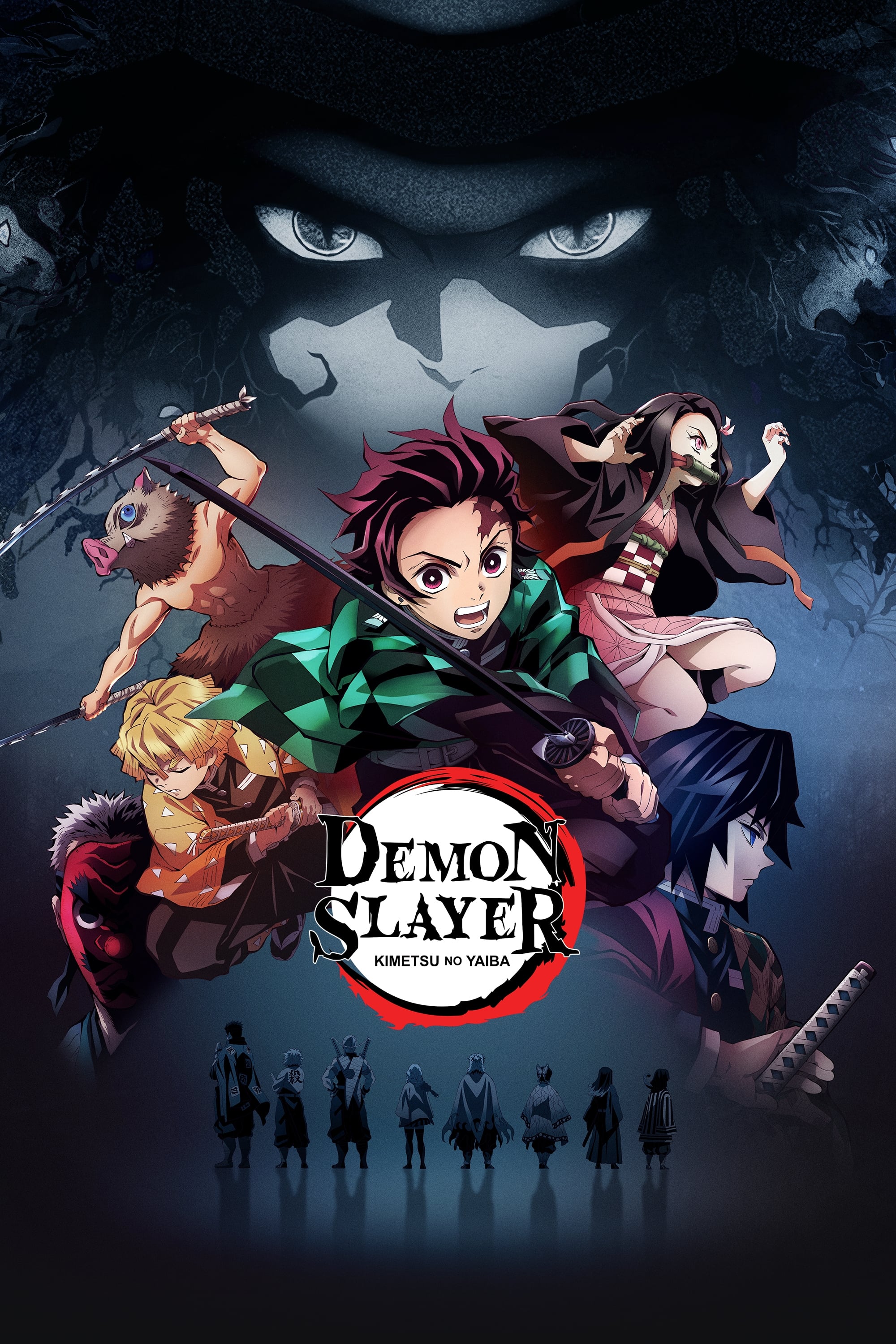
Kyojuro Rengoku shared this advice with new demon slayers, emphasizing that dedication to training comes from a strong sense of purpose. It’s a key line during a pivotal fight that cemented his place in the story, and continues to inspire the main characters. The phrase has also become a central part of the series’ branding, appearing in trailers, music, and commemorative content.
‘One-Punch Man’ (2015) – “I’m just a guy who’s a hero for fun.”

The series begins by establishing a core idea: Saitama is incredibly powerful, yet his life is surprisingly ordinary. This contrast is immediately apparent when compared to the Hero Association’s complex ranking system. This initial setup defines the show’s comedic style, allowing for dry humor even in the midst of intense fights. The concept of Saitama’s strength and normalcy is consistently reinforced throughout the series – in character introductions, episode summaries, and official materials.
‘Code Geass: Lelouch of the Rebellion’ (2006) – “The only ones who should kill are those who are prepared to be killed.”
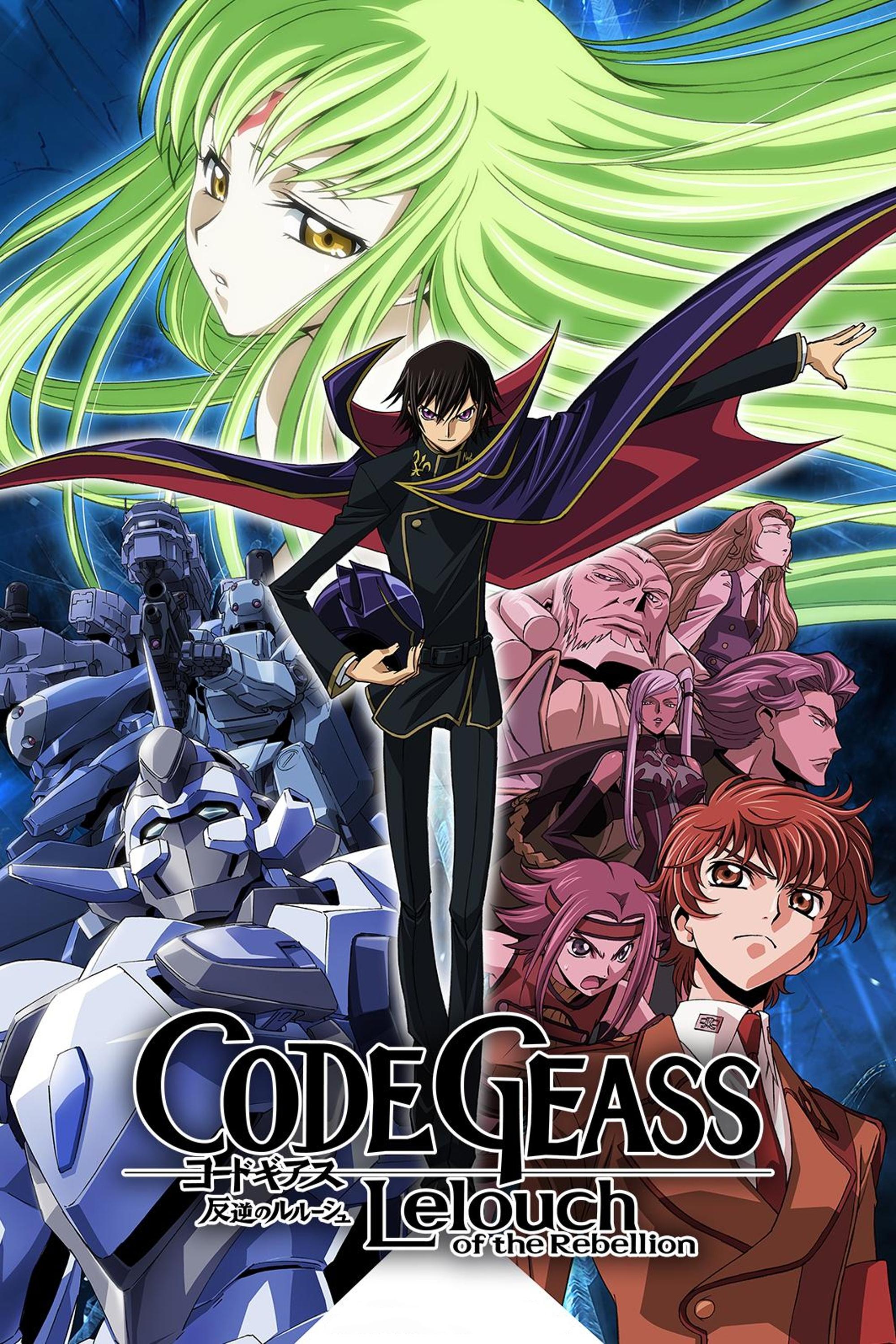
Lelouch states this principle when talking about the impact of using Geass and starting rebellions. It’s repeated during important strategy sessions and clashes. The line highlights the show’s focus on how actions and consequences are linked during times of political change. It’s also a popular quote often included in fan-made videos and collections of the show’s best moments.
‘Ghost in the Shell’ (1995) – “The net is vast and infinite.”
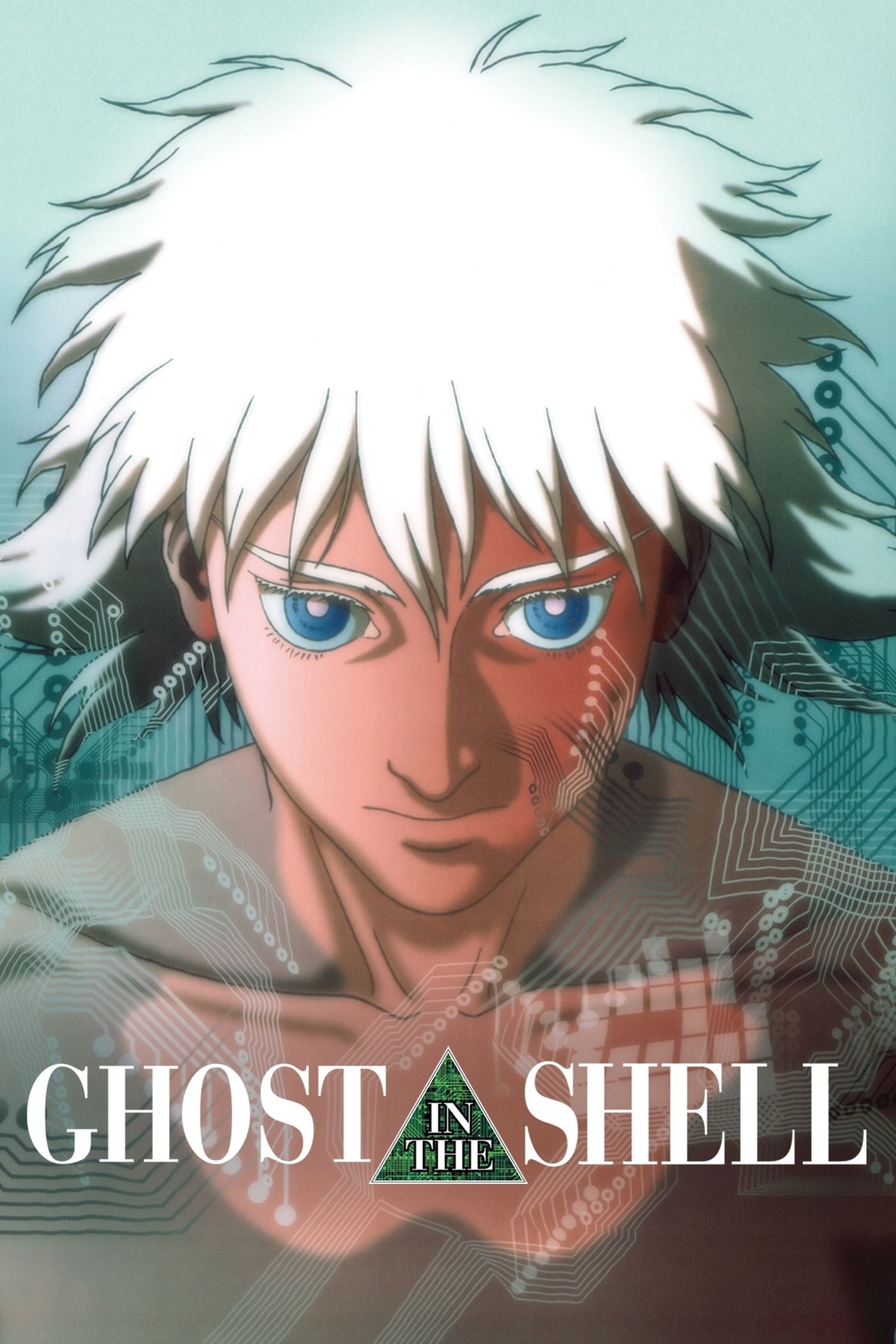
Motoko Kusanagi speaks this line in a film that delves into what it means to be human in a world deeply connected through technology. The movie combines striking visuals of cyborgs and technology with thoughtful conversations about life and existence. The line itself perfectly captures the limitless and evolving nature of this digital world, and it became well-known throughout the series and in discussions about its impact on cyberpunk culture.
‘Princess Mononoke’ (1997) – “Life is suffering. It is hard. The world is cursed. But still, you find reasons to keep living.”
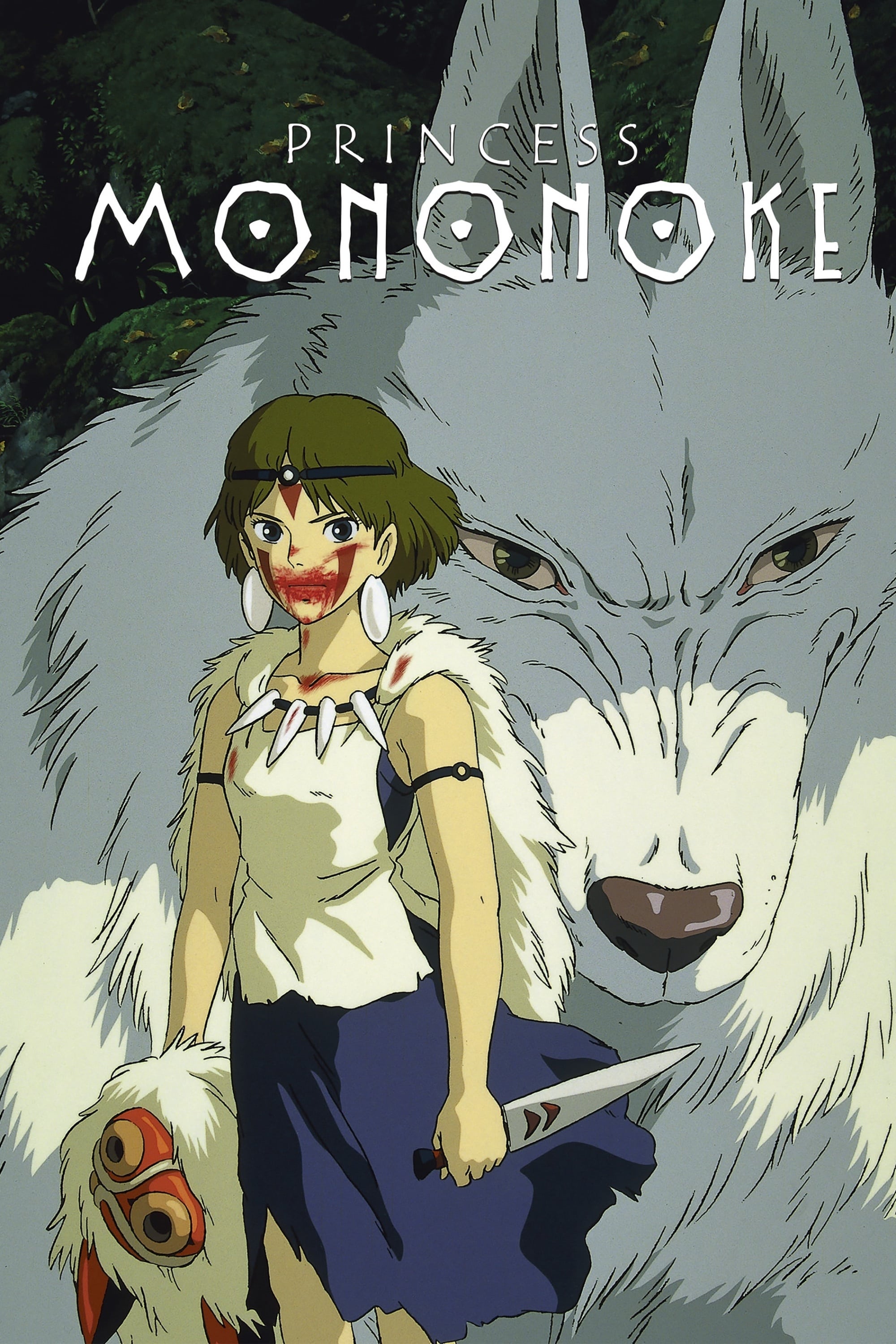
A line spoken by the character Osaka – frequently used to summarize the film’s final scenes – perfectly encapsulates the story’s core themes of conflict between nature and humanity, and the strength of those who endure. This quote appears as the characters grapple with the devastating consequences of a war between spirits of the forest and those who work with iron. It provides a fitting conclusion to the film without ignoring its complex issues, and is often used by critics when discussing the director’s ideas about living together and overcoming hardship.
‘Spirited Away’ (2001) – “Once you’ve met someone you never really forget them.”
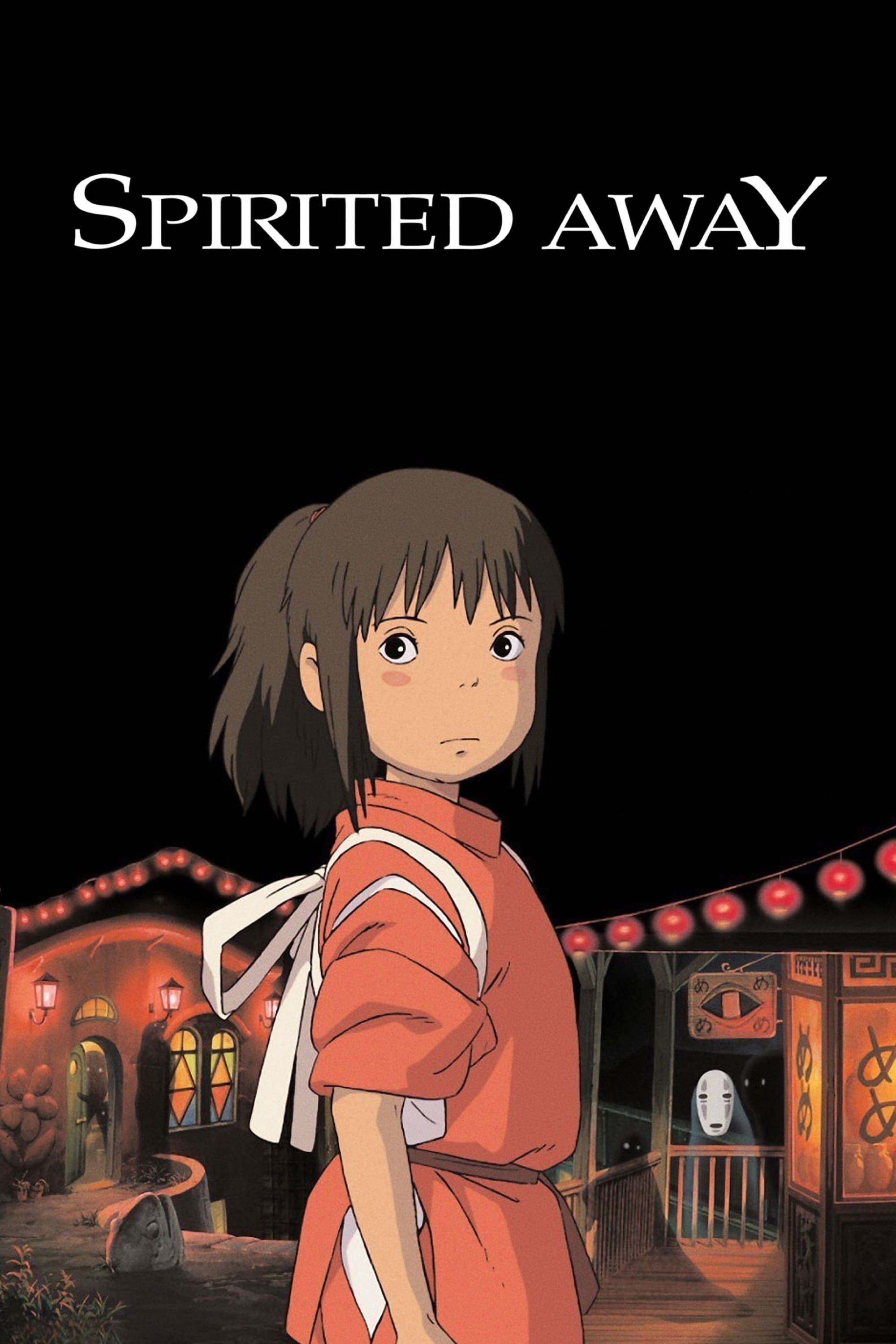
Zeniba tells Chihiro this, reinforcing the film’s themes of memory and who we are. It happens after events at the bathhouse and during travels between the spirit world and the human world. This phrase ties together important elements like names, agreements, and remembering things that happen throughout the story. It’s also a line often highlighted in materials about the film, like behind-the-scenes looks and artbooks.
‘Akira’ (1988) – “The future is not a straight line.”
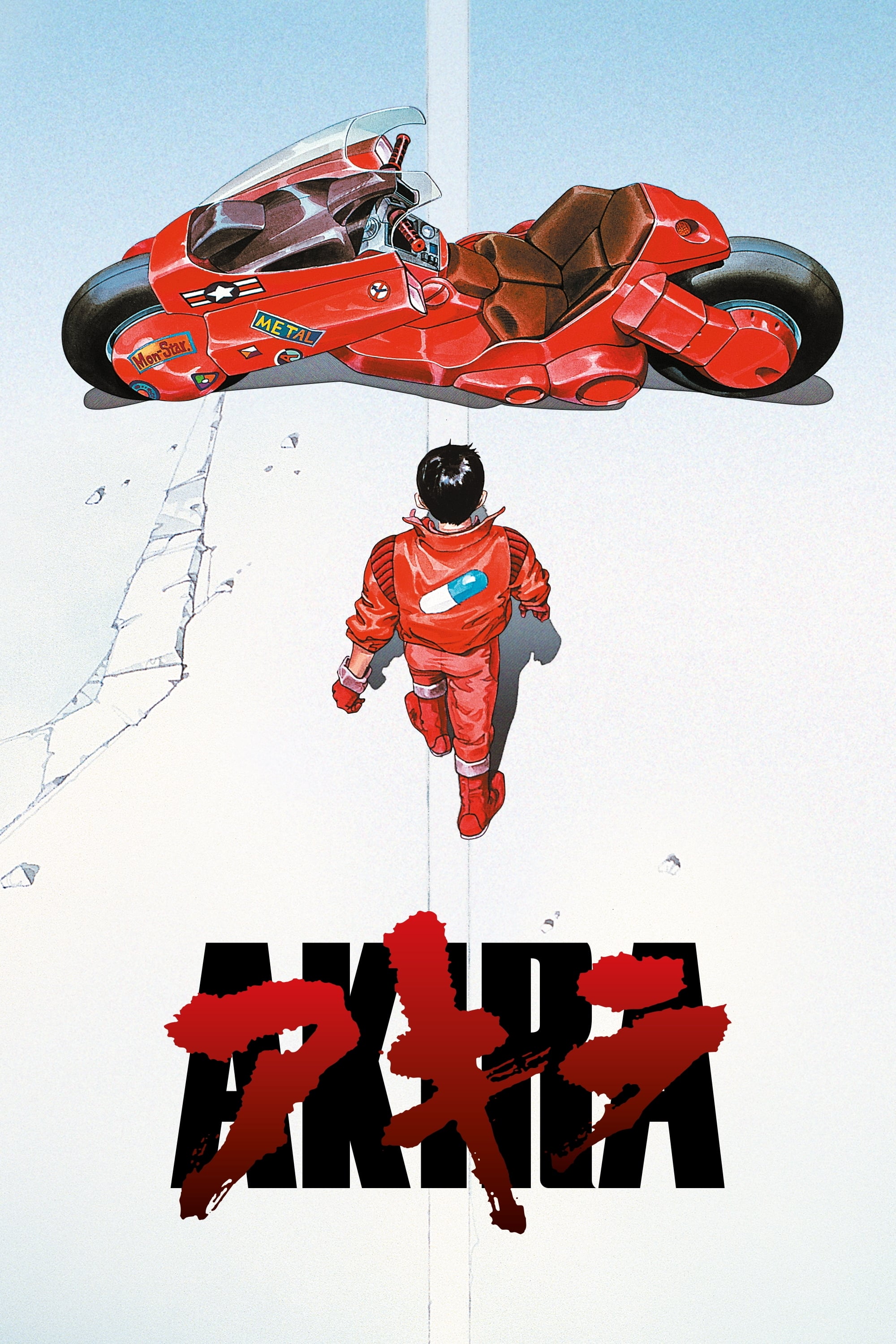
This line sets the stage for the film’s themes of change and societal disruption, connecting the story’s scientific experiments with the growing chaos in the city. It highlights how the film’s tension builds, starting with gang violence and ultimately reaching catastrophic levels. It’s become a well-known quote when discussing the film’s lasting impact on both animated films and science fiction.
‘Pokémon’ (1997) – “I choose you!”
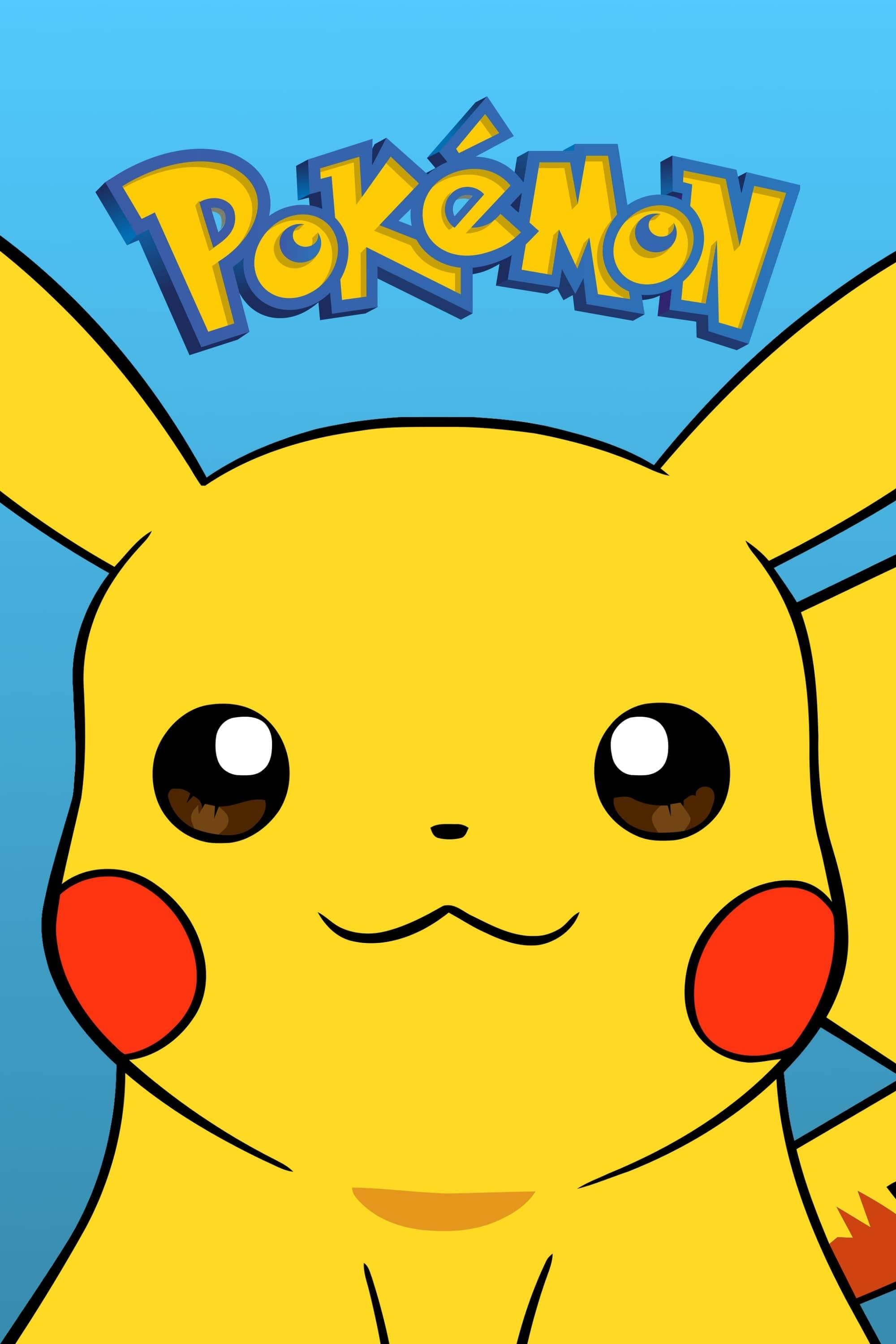
Ash Ketchum famously shouts this line whenever he sends out a Pokémon, especially Pikachu at the beginning of the series. It’s become incredibly common throughout the anime, movies, and related products. The phrase also serves as a signature catchphrase for the Pokémon franchise in video games and trading card promotions, and is even used in episode titles and promotional events around the world.
‘Yu-Gi-Oh! Duel Monsters’ (2000) – “It’s time to duel!”
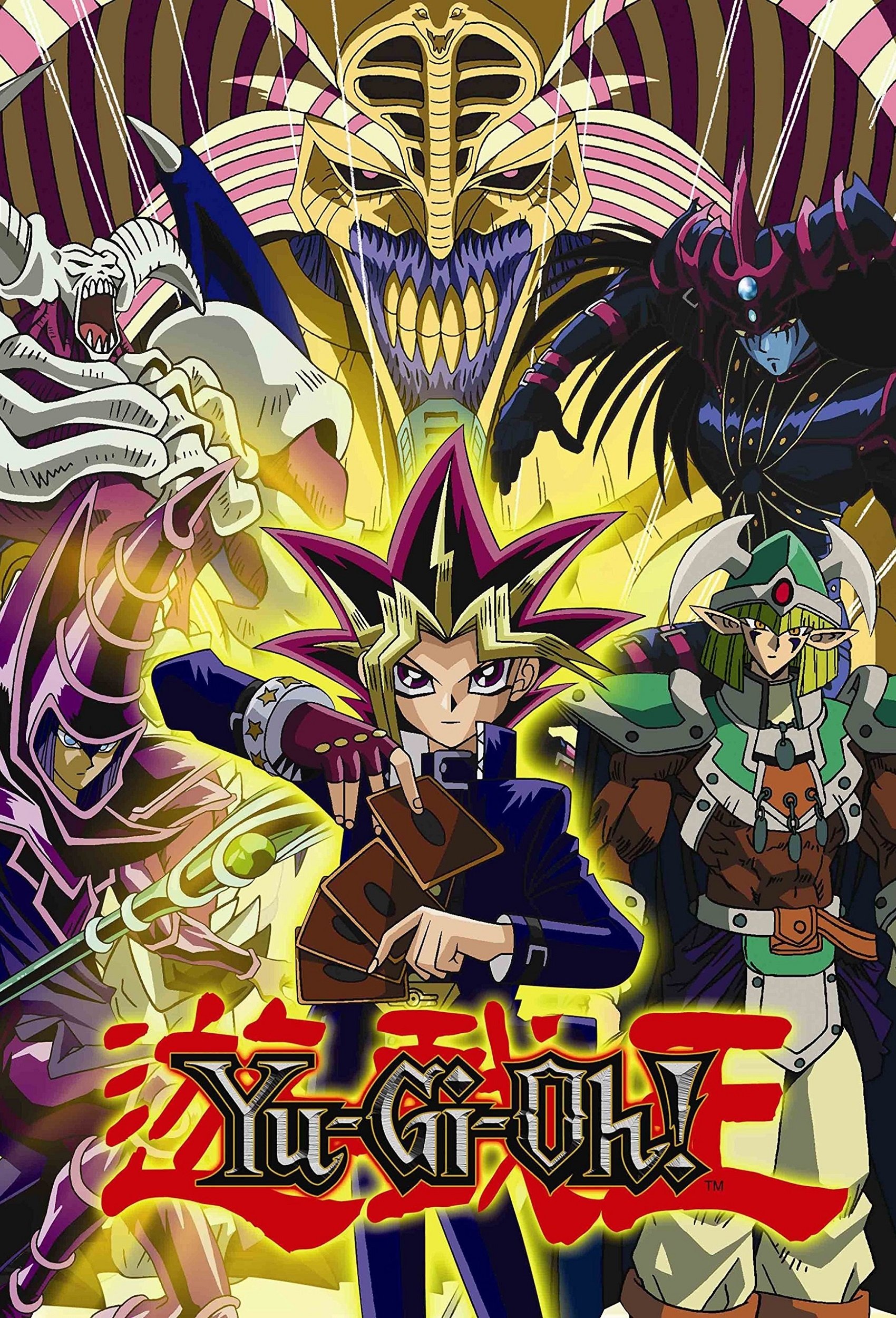
This famous line, first spoken by Yugi Muto and then by many other duelists, marks the beginning of a duel. It’s said when Duel Disks are activated, signaling the start of official tournaments and is featured in introductions, rule explanations, and coverage of card game events. The quote continues to be a key part of both live and digital Yu-Gi-Oh! experiences.
‘Berserk’ (1997) – “Even if we painstakingly piece together something lost, it doesn’t mean things will ever go back to how they were.”
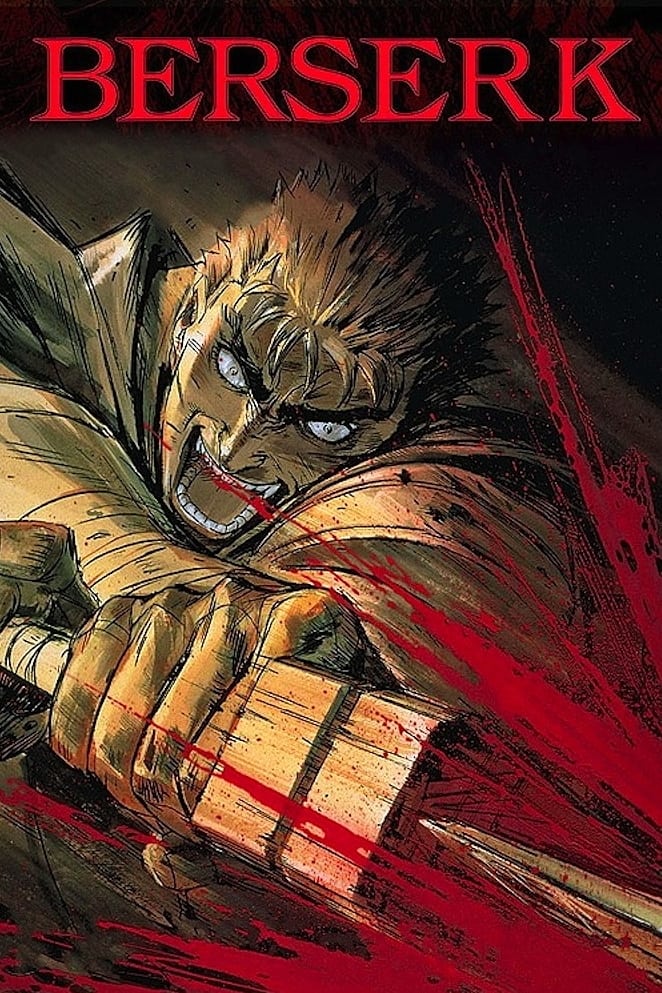
Guts grapples with lasting changes during a particularly difficult time, highlighting the story’s themes of consequences and the power of individual determination. This moment is frequently referenced when discussing the Band of the Hawk storyline and its impact, and it’s a quote often used by both the creators and fans to capture the overall feeling of the series.
‘Gurren Lagann’ (2007) – “Believe in the me that believes in you.”
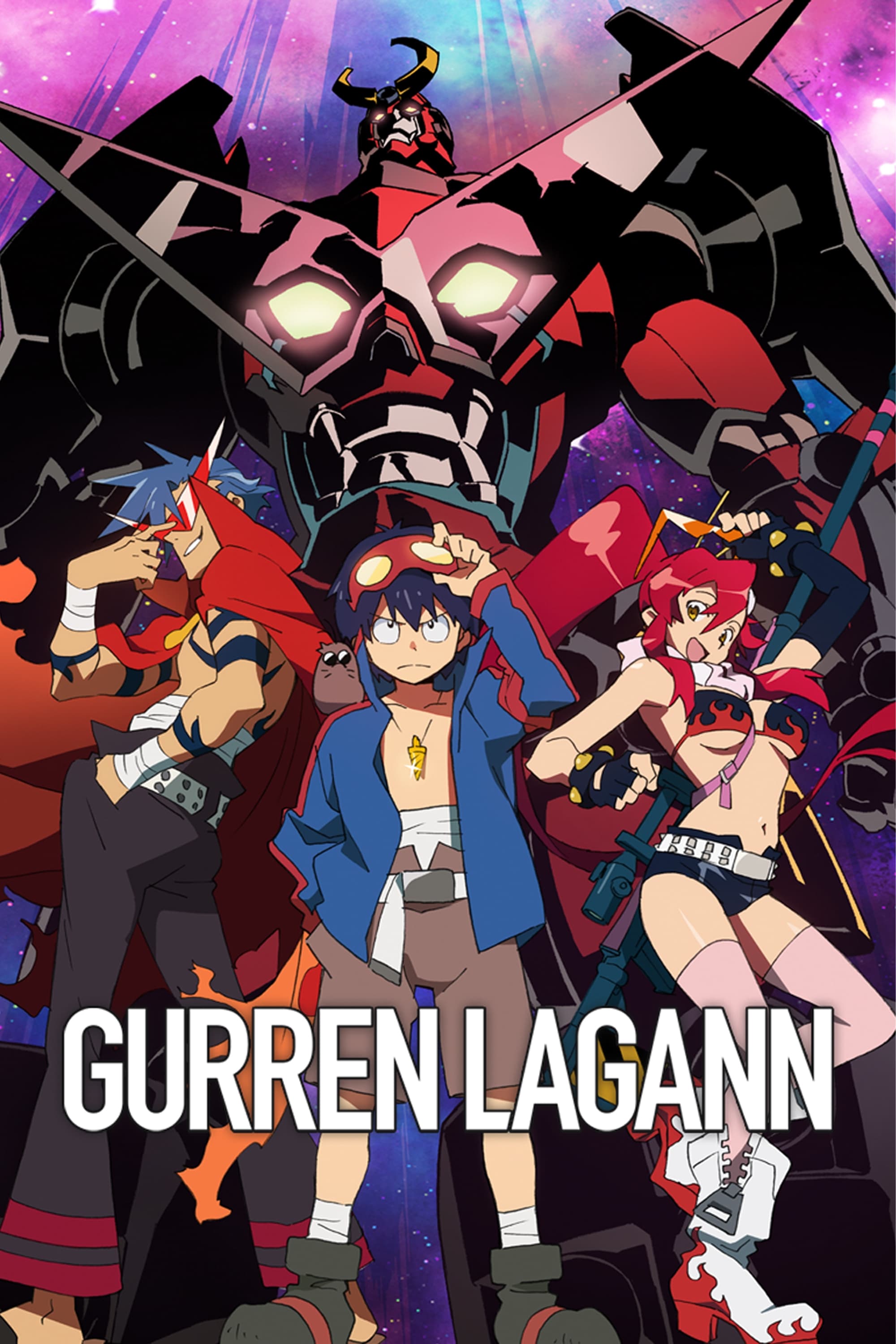
Early in the fight against their enemies, both underground and on the surface, Kamina shares a powerful message with Simon. This message returns at crucial times, helping Simon grow more confident and become a leader. It highlights how important guidance and leaving a lasting impact can be. The phrase has become iconic, appearing in promotional materials like taglines, episode previews, and even the show’s music.
‘Bleach’ (2004) – “Bankai.”
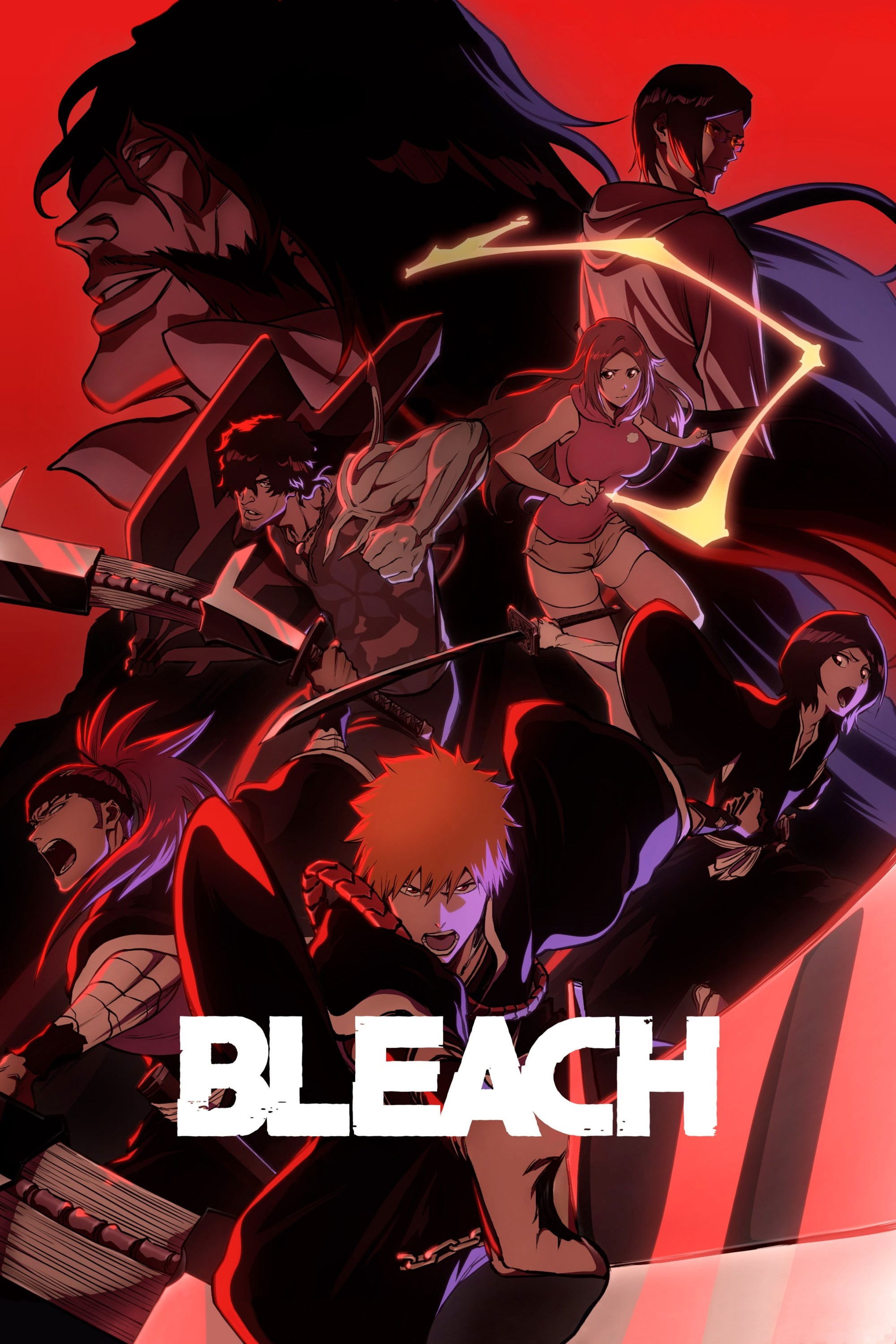
Soul Reapers use this single word to unlock the full power of their Zanpakutō, resulting in a significant boost in strength and a unique transformation for each user. It’s typically featured during important battles when new techniques and tactics are revealed, and is often used in promotional materials like trailers, merchandise, and chapter headings.
‘JoJo’s Bizarre Adventure’ (2012) – “Yare yare daze.”
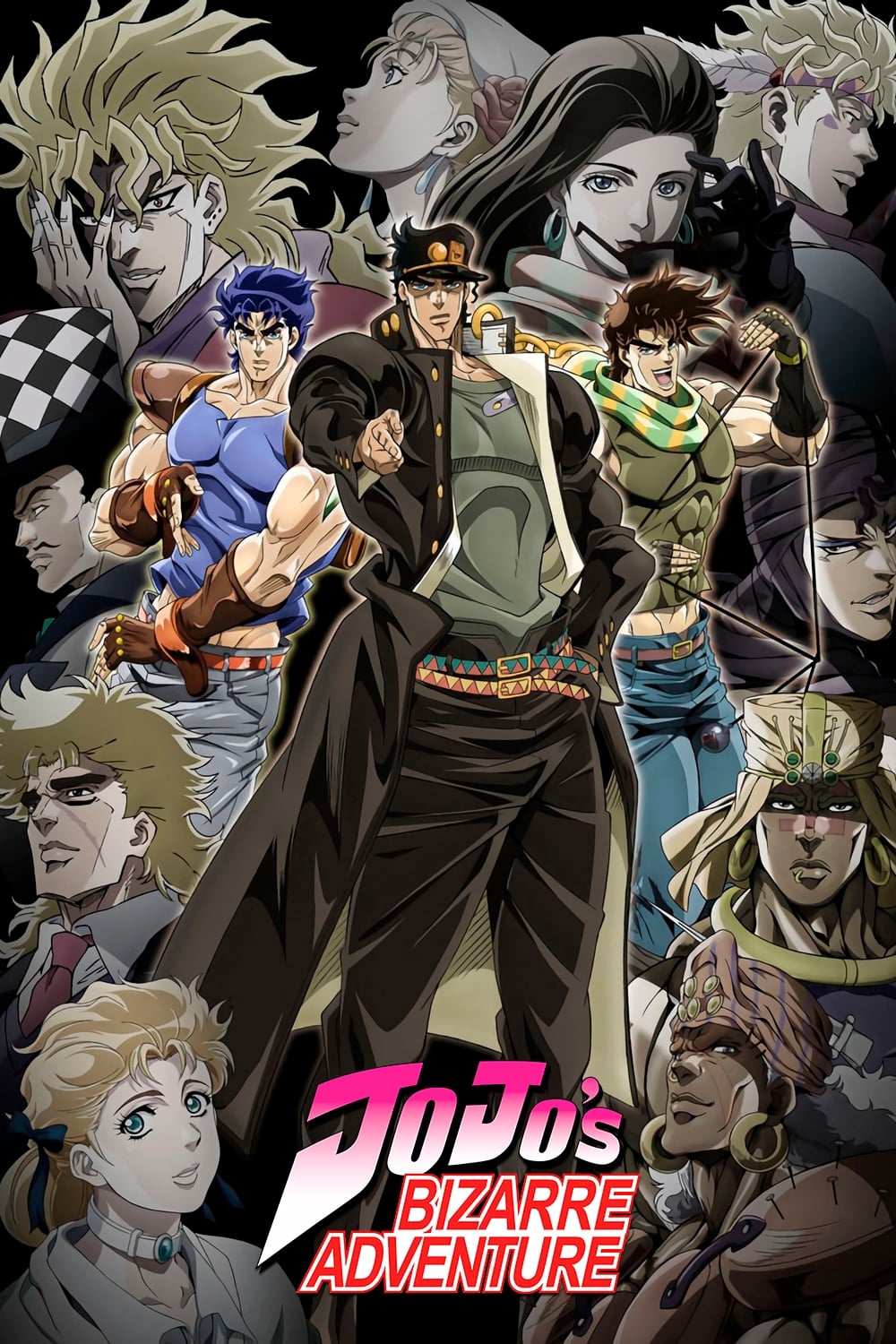
As a huge anime fan, I’ve noticed Jotaro Kujo has this one line he says all the time – whether he’s in a serious fight or just dealing with everyday annoyances. It’s become totally iconic to his character, especially whenever his Stand, Star Platinum, appears. It really fits his cool, quiet personality and it’s become his signature thing to say. You see it everywhere now – on merchandise, posters, and even in the subtitles when the show gets dubbed!
‘Sailor Moon’ (1992) – “In the name of the Moon, I’ll punish you!”
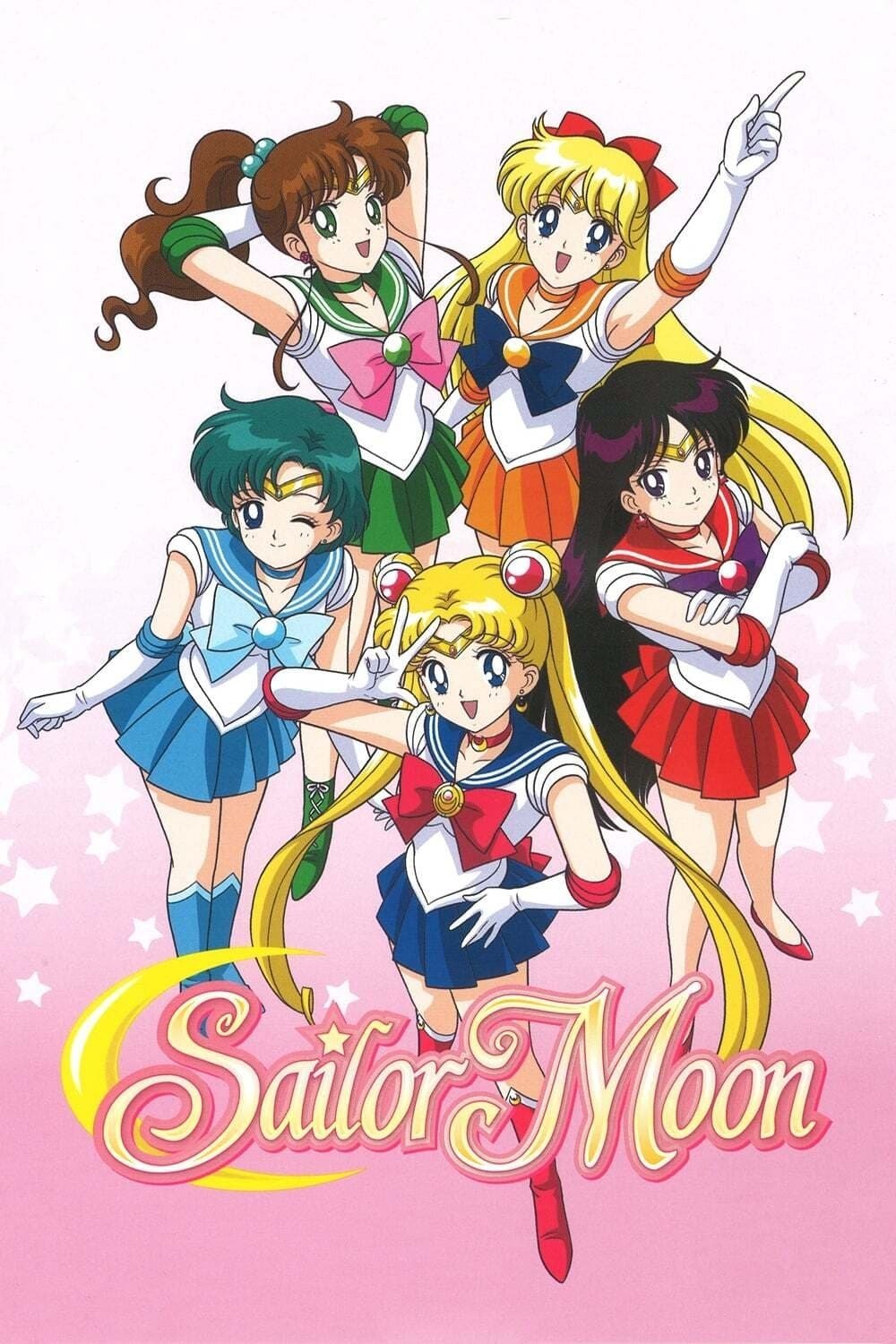
Usagi Tsukino says this phrase while transforming and introducing herself before a fight. It’s shown visually with images of her brooch, tiara, and crescent moon symbols. You’ll hear it often during battles with each new monster, and whenever the team members introduce themselves. The phrase is also widely used on merchandise, in stage shows, and during special anniversary events.
‘My Hero Academia’ (2016) – “I am here!”
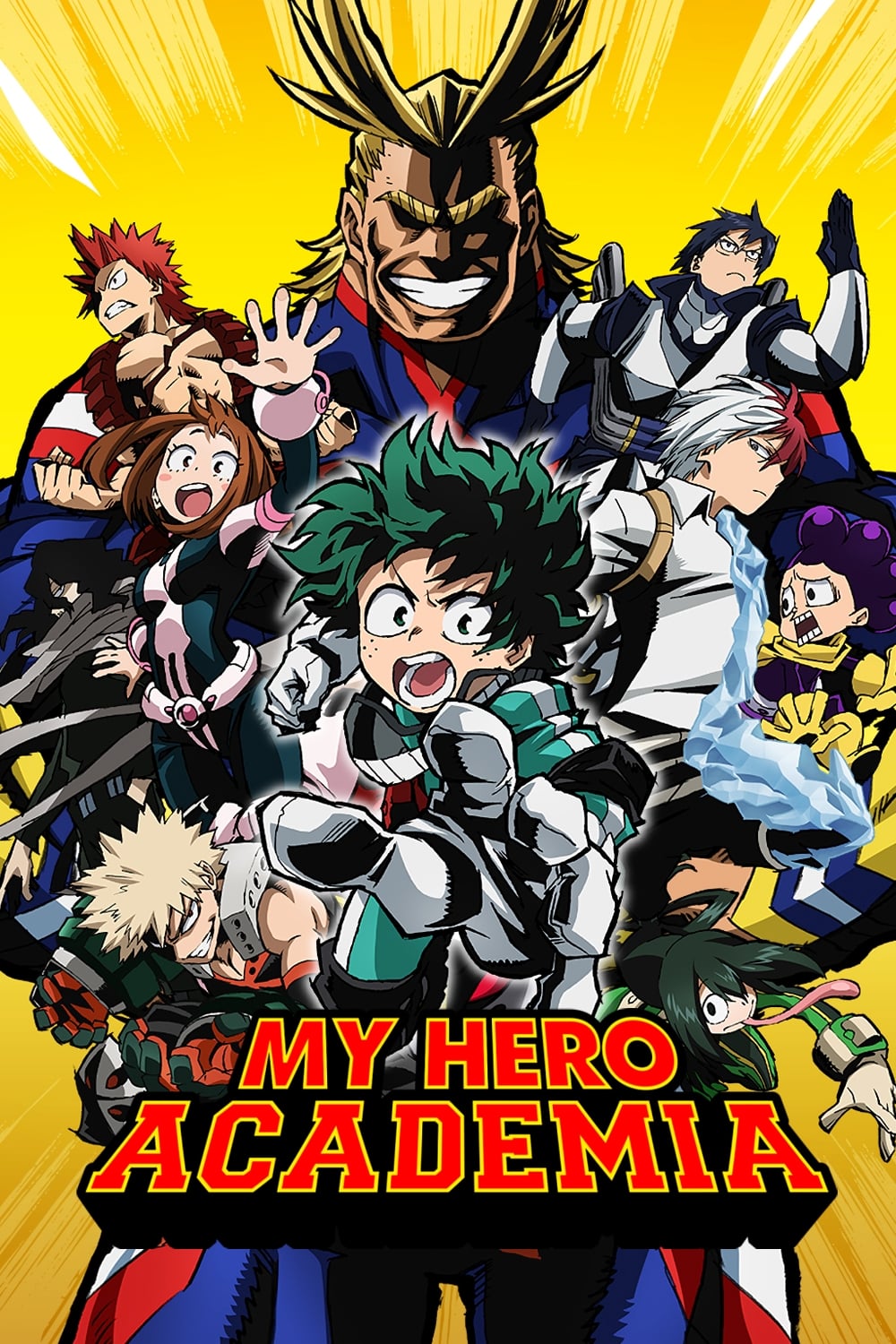
All Might famously uses this phrase to announce his presence when saving people, whether they’re civilians or students. It highlights his identity as the Symbol of Peace and his link to the power of One For All. You’ll hear it in everything from training sessions and public announcements to classroom moments, and it’s consistently featured in materials about him and any projects he’s involved in.
‘Fullmetal Alchemist: Brotherhood’ (2009) – “Equivalent exchange. In order to obtain, something of equal value must be lost.”
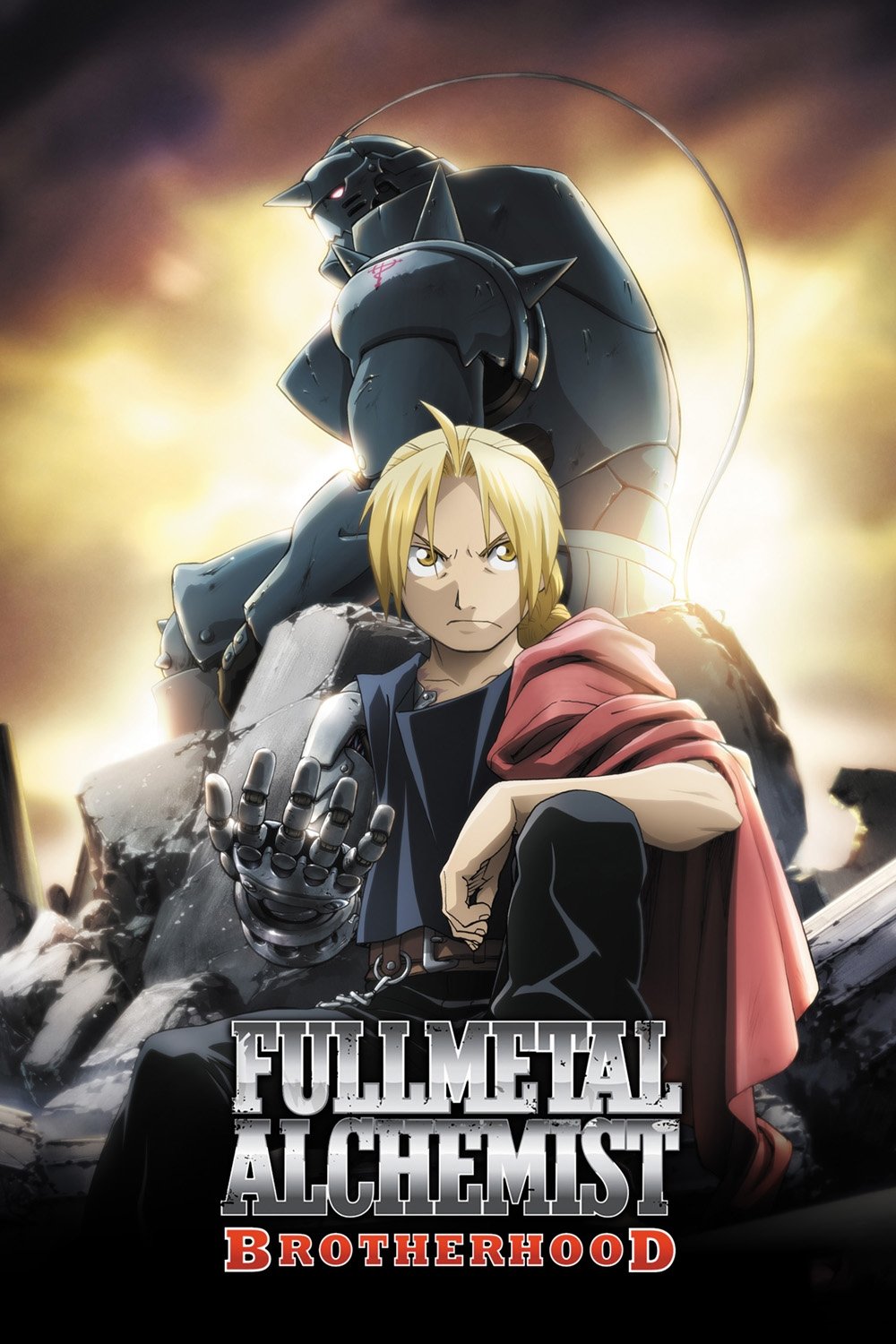
The idea that ‘to obtain, something of equal value must be lost’ is first shown through the Elric brothers’ attempt at human transmutation and its failure. This concept reappears when the story explains alchemy and characters make difficult decisions. It helps us understand the costs and consequences of actions throughout the series. The show often reminds viewers of this rule through introductions, summaries, and explanations.
‘One Piece’ (1999) – “I’m gonna be King of the Pirates!”
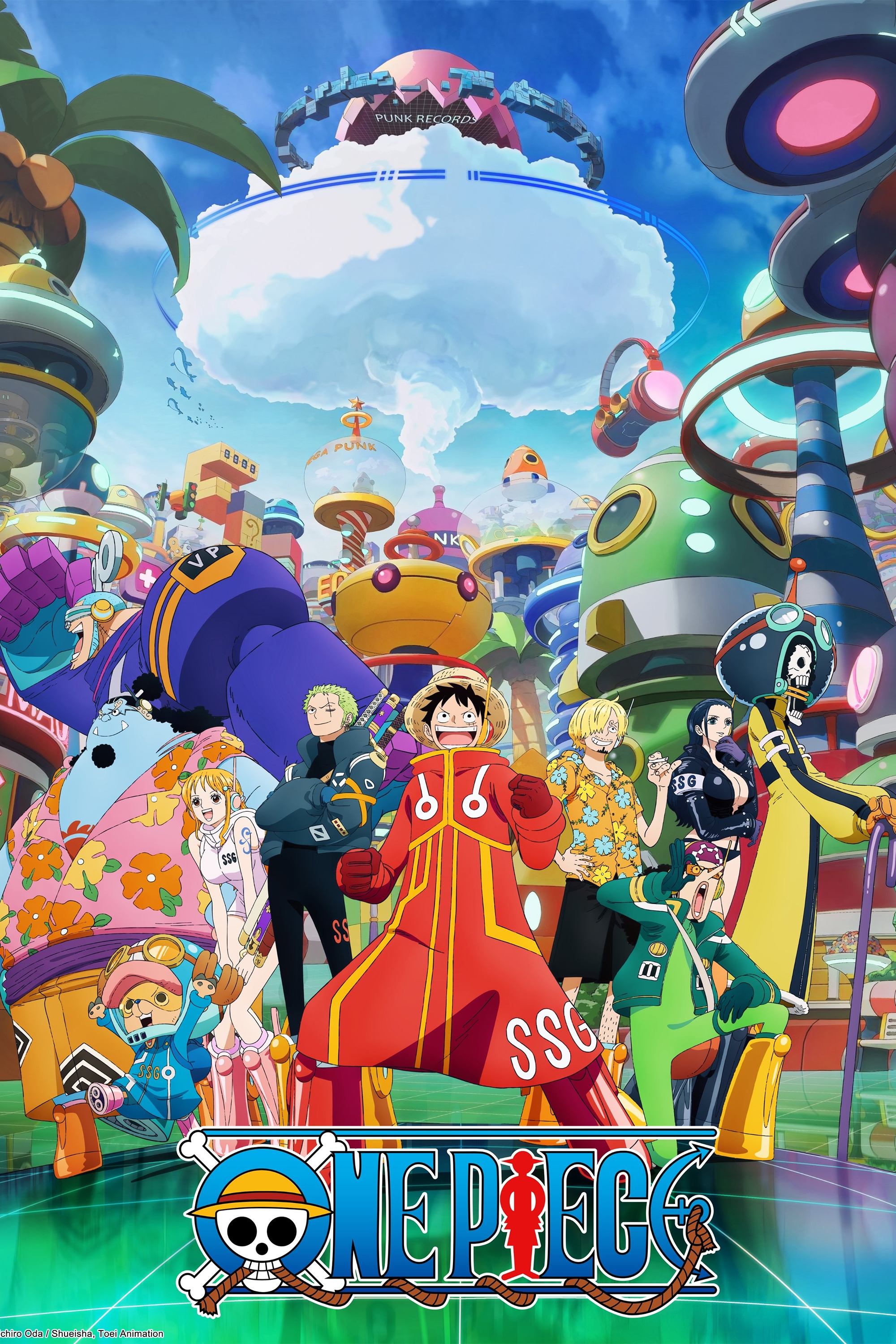
From the very beginning, Monkey D. Luffy has consistently stated his core ambition, repeating it after both triumphs and defeats. This goal is central to the quest for the One Piece treasure and the reason the Straw Hat crew came together. It fuels relationships – both friendly and hostile – throughout the series, impacting events across all the different islands and storylines. The phrase itself has become iconic, appearing in promotional materials like trailers, theme songs, and event posters for the franchise.
‘Death Note’ (2006) – “I’ll take a potato chip… and eat it!”
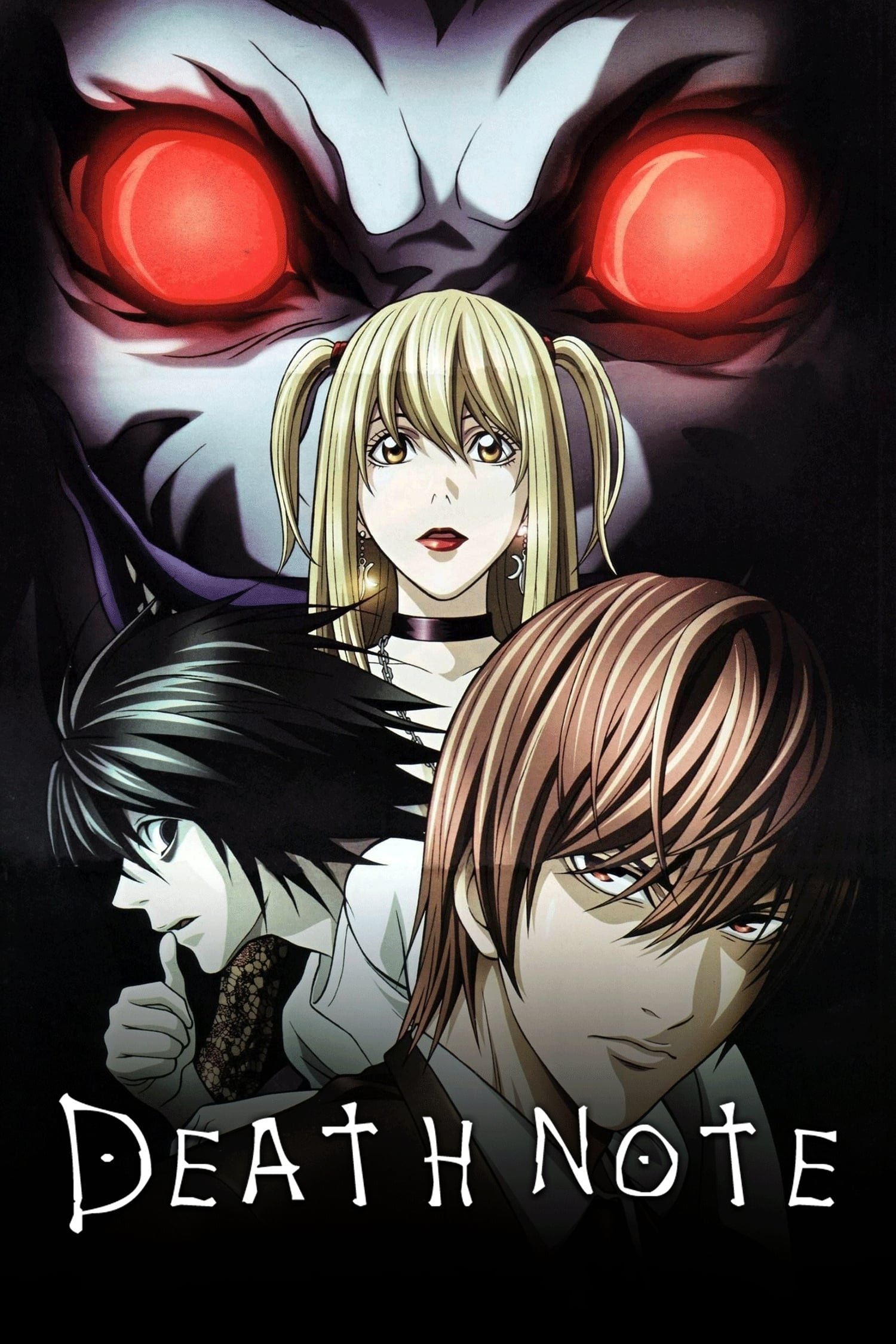
Light Yagami delivers this line while cleverly concealing his use of the Death Note. It’s part of a fast-paced, visually deceptive sequence that highlights the show’s tendency to exaggerate even simple actions. This scene has become iconic, frequently appearing in jokes, summaries, and special editions of the series.
‘Attack on Titan’ (2013) – “This world is cruel, but also very beautiful.”
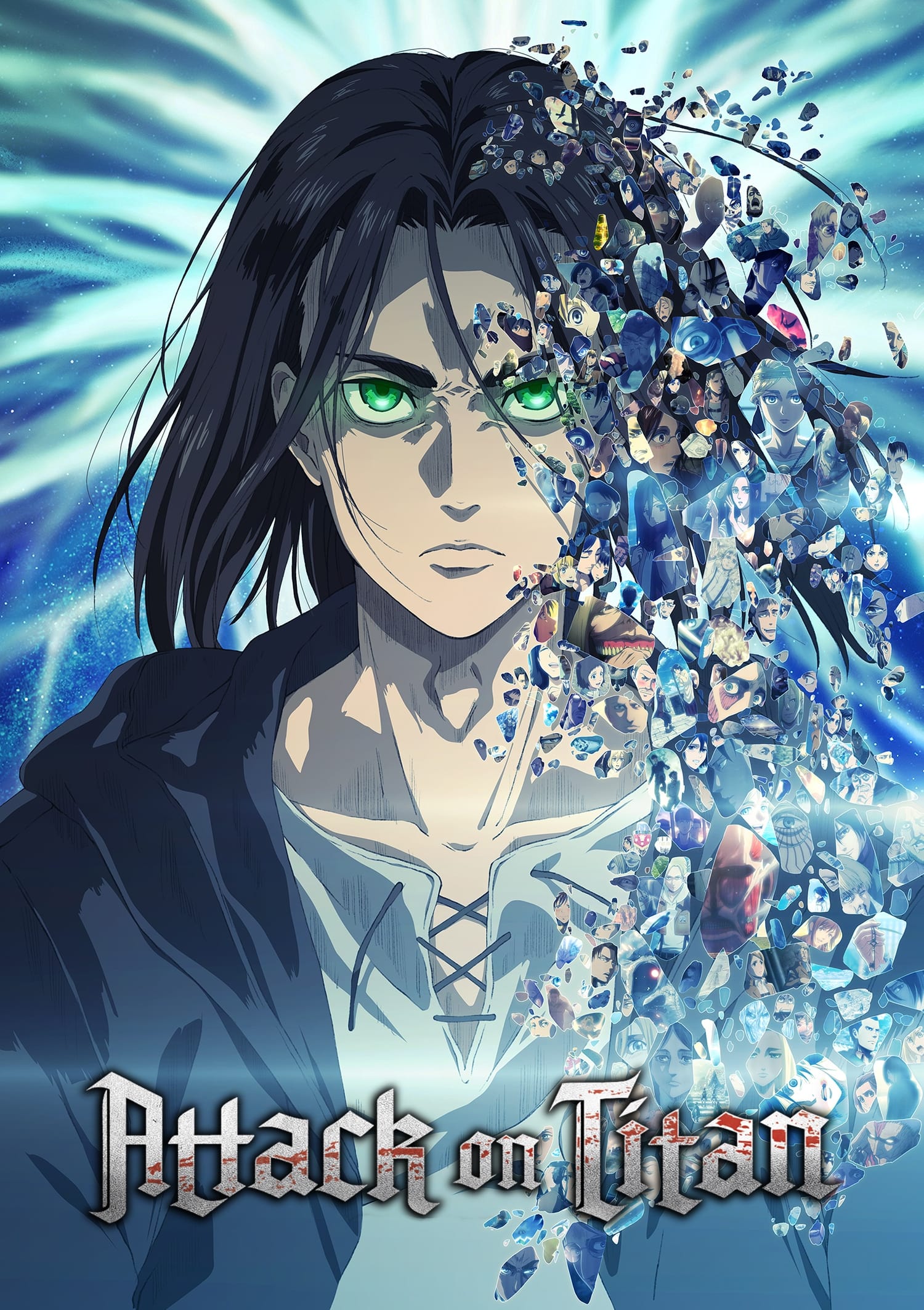
Mikasa Ackerman says this when thinking about loss and the temporary sense of security the Walls offer. The line often comes up in episodes that contrast violence with the connections between characters. It perfectly captures the harsh reality of the world, while still acknowledging the importance of kindness and connection. It’s become a well-known quote, appearing in official art books and episode guides.
‘Gurren Lagann’ (2007) – “Who the hell do you think I am?!”

Kamina often shouts this phrase both before and during fights, combining bold confidence with statements about who he is. His teammates pick it up as a way to motivate each other. It’s closely linked to memorable character stances, the combining of robots, and the recurring symbol of the drill. You’ll find the phrase prominently displayed in advertising and at live events.
‘Neon Genesis Evangelion’ (1995) – “I mustn’t run away.”
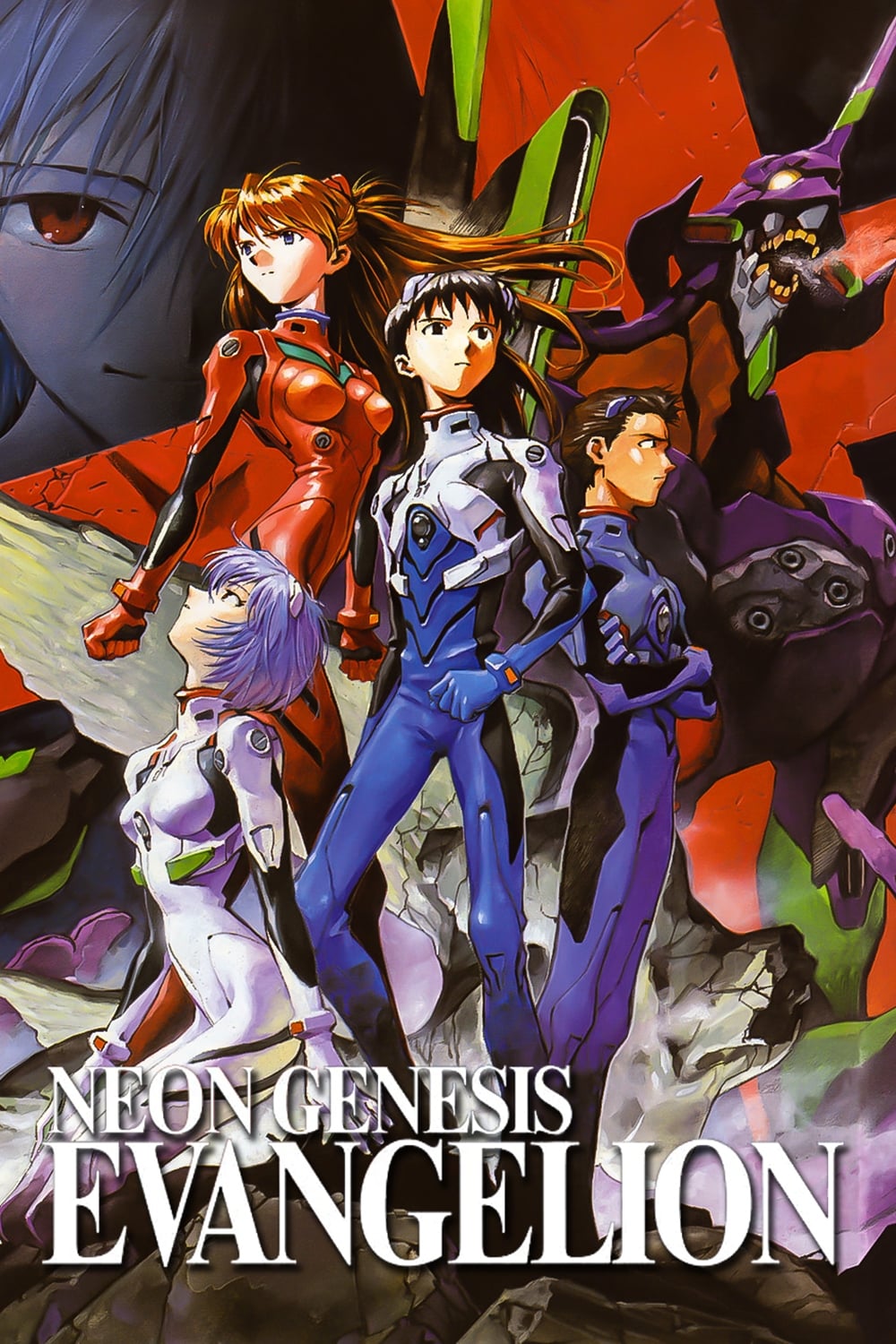
As a huge fan of Neon Genesis Evangelion, I’ve always been struck by Shinji’s repeated phrase, ‘I have to move.’ It’s something he tells himself when the Angels first attack, and it really becomes this core part of how he forces himself into action. It’s not just a line, though; it feels like an internal struggle, constantly popping up during the most intense moments. For me, it really gets to the heart of what the series is about – all that anxiety, the weight of responsibility, and the incredibly complicated relationship he has with his father. You see that line highlighted everywhere – in the scripts, preview materials, even official collections – because it’s just that important.
‘Cowboy Bebop’ (1998) – “Bang.”
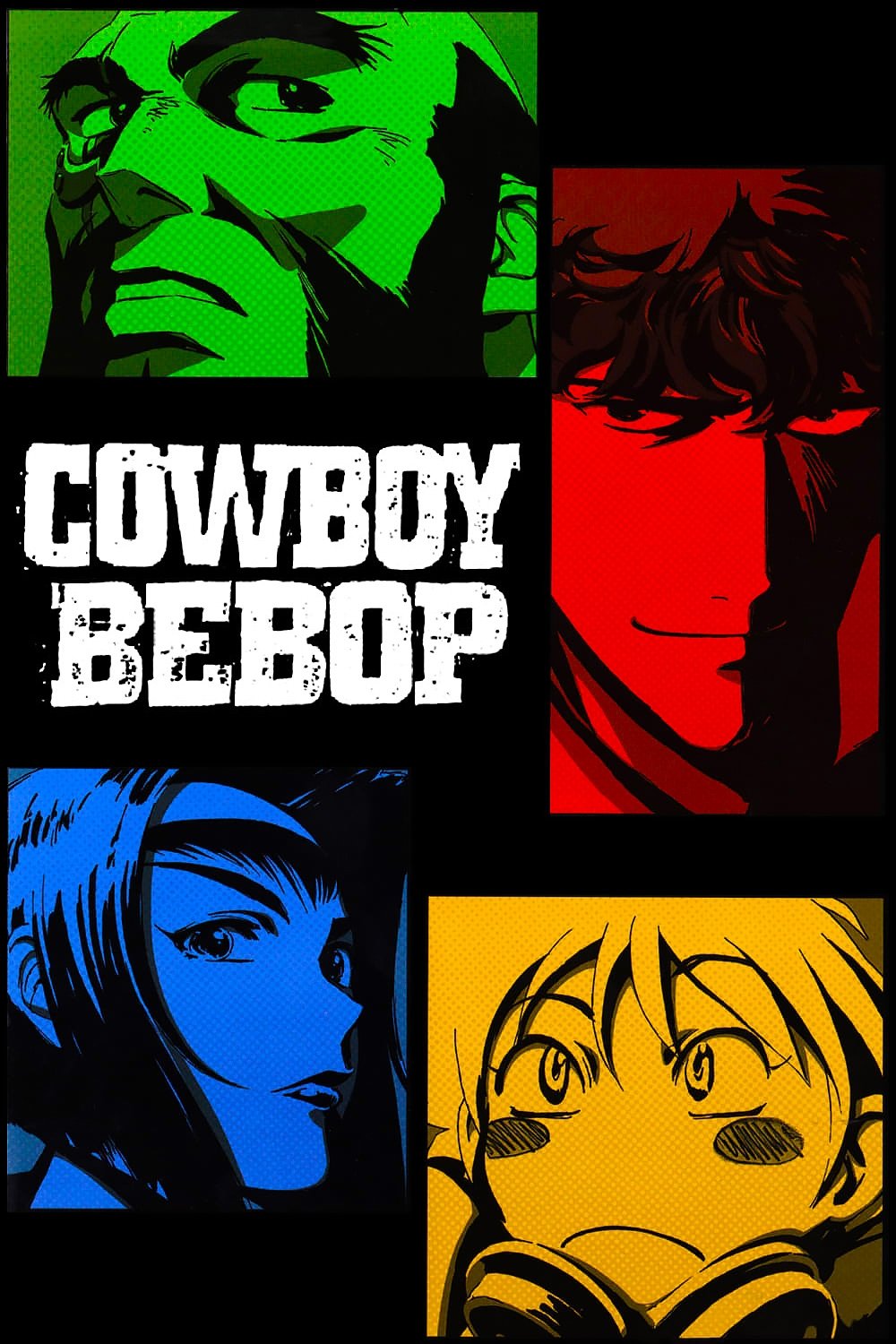
Spike Spiegel famously says a single word after a key confrontation, bringing his story and past to a close. Accompanied by his signature finger-gun gesture – a nod to his earlier life – it’s become a defining moment for the show. This scene is frequently highlighted when discussing the series’ moody, film-noir style and its unique, jazz-inspired rhythm, appearing in behind-the-scenes features and discussions of the music.
‘Dragon Ball Z’ (1989) – “It’s over 9000!”

This famous line is spoken when a character’s power level is unexpectedly high during a scan in the Dragon Ball Z saga. It’s most strongly linked to Vegeta and the surprise it creates for other fighters. Over the years, the line has appeared in many different versions across various releases and dubs. It’s also become a popular reference in wider culture, appearing in memes, on merchandise, and in collaborations with other franchises.
Share your favorite line and the moment it comes from in the comments!
Read More
- 2025 Crypto Wallets: Secure, Smart, and Surprisingly Simple!
- Gold Rate Forecast
- Brown Dust 2 Mirror Wars (PvP) Tier List – July 2025
- HSR 3.7 story ending explained: What happened to the Chrysos Heirs?
- ETH PREDICTION. ETH cryptocurrency
- Gay Actors Who Are Notoriously Private About Their Lives
- Games That Faced Bans in Countries Over Political Themes
- The 10 Most Beautiful Women in the World for 2026, According to the Golden Ratio
- The Best Actors Who Have Played Hamlet, Ranked
- 9 Video Games That Reshaped Our Moral Lens
2025-10-29 07:50